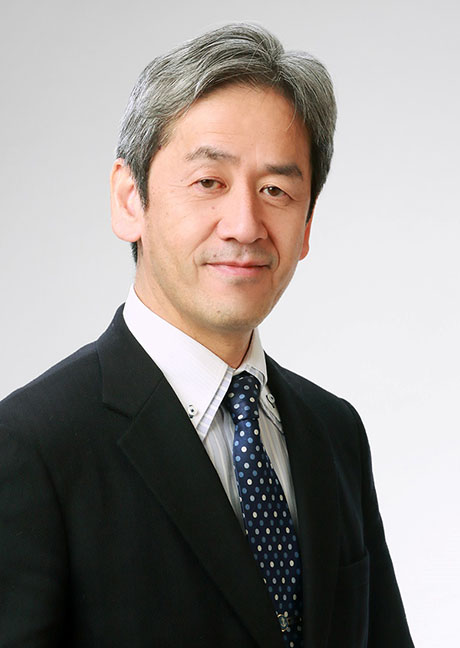教育院長のあいさつ
COVID-19のパンデミックの終焉が見え始めた時期に、能登半島地震など、時は常に平穏で波風なく流れるとは限りません。私たちの身の回りには、今もなお、ロシアのウクライナ侵攻やガザでのジェノサイド、ネオ・ナショナリズムの台頭など、社会の平穏を維持することが容易ではないことを痛感させられる出来事が続いています。これらは人々の欲望から生じています。支配欲や自己顕示欲、性欲、承認欲など、人間の欲望は無限です。もし、この欲望にまかせて人々や世界が行動したら、どのような結果になるでしょうか?このような状況の中で、将来の社会を生きるためには、皆さんは今、何をすべきなのでしょうか?アリストテレスは言います。「欲望を抑えられるのは知性である」と。成人である皆さんには、知性を持って欲望をコントロールし、物事を判断・決断する「自由」が与えられます。では、知性はどのようにして身につけられるのでしょうか?知識を得ることと知性を得ることは同じではありません。“正しい知識のもとで、自分の頭で考える力”、“正解がない世界でも生きるための思考力”、“自分の意見を形成する力”、そして“議論の合意形成を目指す力”を身につけることが教養,すなわち知性を育むことと言えます。

京都大学の総長室の壁には「自重自敬」という言葉が掲げられています。この「自重自敬」とは、自分を大切にし、自分でよく考え決断し、自分を尊重するよう努力すべきであるという意味です。また、本学には「自学自習」という理念もあります。これは、学問とは、自ら考え、経験し、自由な対話を通じて、人間・社会そして自然現象を探究し、新たな知的地平を切り拓いていこうとする理念です。これらは、まさに、我々に教養と知性を育んで高めて欲しいという京都大学の願いの表れです。
私たちの国際高等教育院は、皆さんに、そのような教養と知性を卒業までに身に付けて伸ばしてもらうため、教養・共通教育の企画及び実施に責任を負う組織として、すべての学部と緊密に連携し、さらに、研究科や研究所・センターの協力を得ながら、個々の学問領域を超えた幅広い分野に共通する基礎的な知識と思考法を教授します。また、学生の皆さんに高度な学術文化に触れてもらうための場(教育)を提供します。皆さんは、大学に入学して学問の道を歩み始めます。本学の教養・共通教育の第一の目標は、その始まりに相応しい、自由で開かれた知的空間を築くことです。
また、皆さんが国際的に活躍するためには、様々な価値観や文化・生活習慣を持つ世界の人々とコミュニケーションを図り、共に歩むことが重要です。本教育院では、外国人教員が担当する英語による授業の充実を図るなど、英語をはじめとする語学力の育成にも力を入れています。さらに、皆さんが世界で自らの可能性を試すことができるよう、留学支援制度も整えています。
若い皆さんには、自己の可能性を信じ、明日を信じて進まれることを強く願っています。この京都大学は、皆さんが、望めば、得られるものがいっぱいあるところです。どうか、熱意ある先生方の知的刺激に溢れた授業や学友との率直で闊達な議論から、大学で学ぶことの楽しさと興味深さに目覚め、多くのことを学び、知性を高めて、世界に羽ばたいてください。
国際高等教育院長 大嶋 正裕



